Premium Only Content
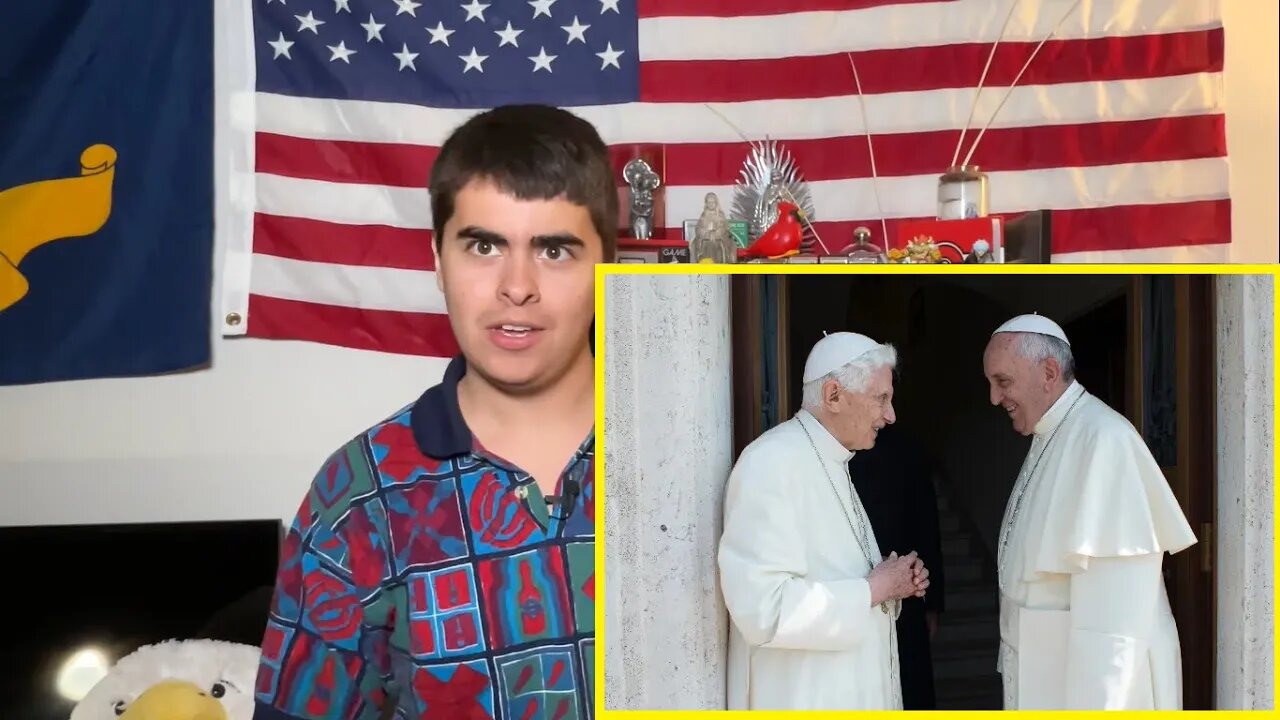
The Authority of Popes (Teaching Authority in the Catholic Church Episode 6)
"Time after time, throughout the earliest ecumenical councils, Rome’s position won out, even though Rome was hardly a political powerhouse after the rise of Constantinople. Between Monophysitism, Nestorianism, Monothelitism, iconoclasm, and others, the Roman positions ultimately defeated heresies at every turn. Some, myself included, argue that this is because Rome, having been replaced by Constantinople as the capital of the empire, was free from being tainted by the pervasive political influence that eastern bishops had to deal with. But, heading into the second millennium, that would change, as the papacy accumulated immense political power and wealth."
Why does the Catholic Church have so many rules? And with over 2,000 years of councils, papal documents, and catechesis, does every Church teaching have the same amount of relevance today? In this series, Will Deatherage aims to explain the origins of the Church's teaching authority, how the Church exercises its teaching authority, and how to properly interpret magisterial documents.
To see the rest of the playlist, click here: https://www.youtube.com/playlist?list=PLPnp45TCxDtNMKUDRtQ15pZDTBCCj4Xg_
This video series is based on Francis Sullivan's Magisterium: Teaching Authority in the Catholic Church: https://www.amazon.com/Magisterium-Teaching-Authority-Catholic-Church/dp/1592440606
Background Music: Various by Catholic LoFi
Outro Music: Various by From the Forest
Special thanks to Msgr. Paul McPartlan of the Catholic University of America for his role as consultant for this series.
-
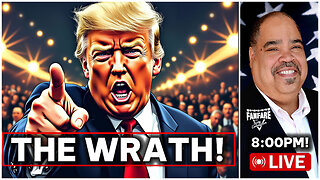 2:37:18
2:37:18
Barry Cunningham
4 hours agoPRESIDENT TRUMP UNLEASHES HIS WRATH! NOW IT'S DEFINITELY GAME ON! HUGE TRADE WIN!
63.4K25 -
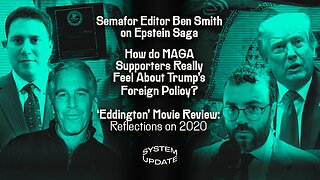 1:27:56
1:27:56
Glenn Greenwald
6 hours agoSemafor Editor Ben Smith on Epstein Saga; How do MAGA Supporters Really Feel About Trump's Foreign Policy? Eddington Movie Review: Reflections on 2020 | SYSTEM UPDATE #490
125K60 -
 2:13:20
2:13:20
megimu32
3 hours agoOTS: Infomercial Insanity | 80s-00s Gadgets That Sold Big (and Made Us Buy)
15.7K4 -
 LIVE
LIVE
Amish Zaku
4 hours agoA Celebration of Ozzy Osbourne's Life, Music, and Spirit
146 watching -
 48:41
48:41
The Mel K Show
5 hours agoMel K & Aaron Day | Wake up! Walking Blindly into Totalitarian Technocracy | 7-22-25
36.6K12 -
 1:05:20
1:05:20
BonginoReport
7 hours agoEpstein: From “Case Closed” to “To Be Continued” - Nightly Scroll w/ Hayley Caronia (Ep.95)
136K71 -
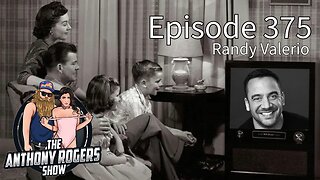 1:40:54
1:40:54
Anthony Rogers
1 day agoEpisode 375 - Randy Valerio
7.68K2 -
 1:32:14
1:32:14
Kim Iversen
7 hours ago"Obama Belongs In Jail!" Tulsi Gabbard Exposes Entire Russiagate Hoax
114K118 -
 LIVE
LIVE
AlphaZeroOmega
3 hours ago $0.13 earnedHitman: ⚔ Ozzy Osbourne Tribute ⚔ | 🚨Rumble Studio Direct RTMP🚨
25 watching -
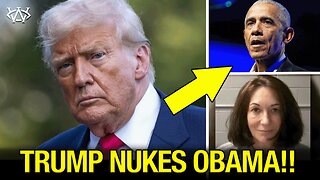 2:16:28
2:16:28
Robert Gouveia
7 hours agoBarrack Obama is GUILTY!! Declassified Docs RELEASED! Ghislaine Maxwell MEETING!!
56.5K25